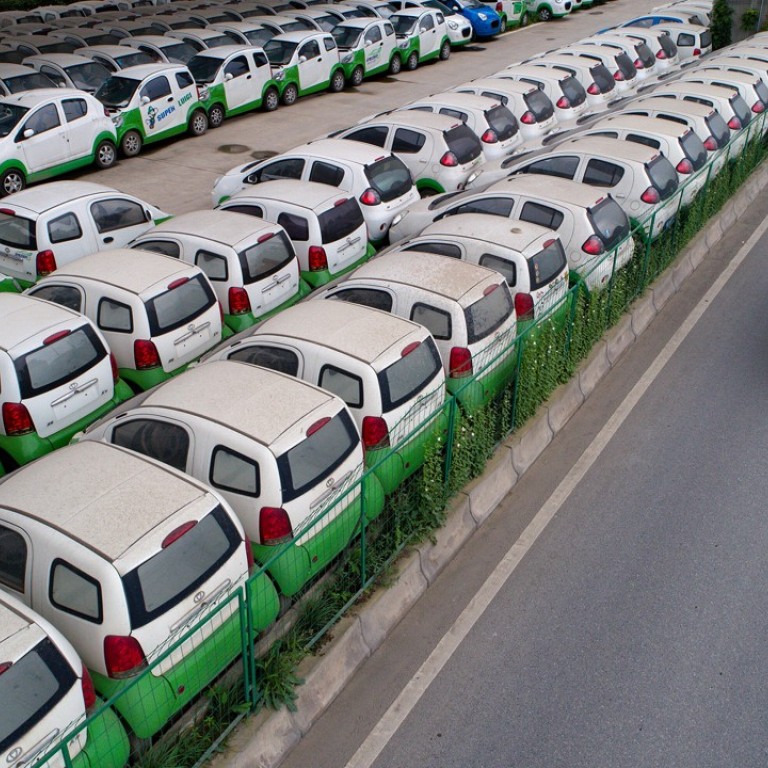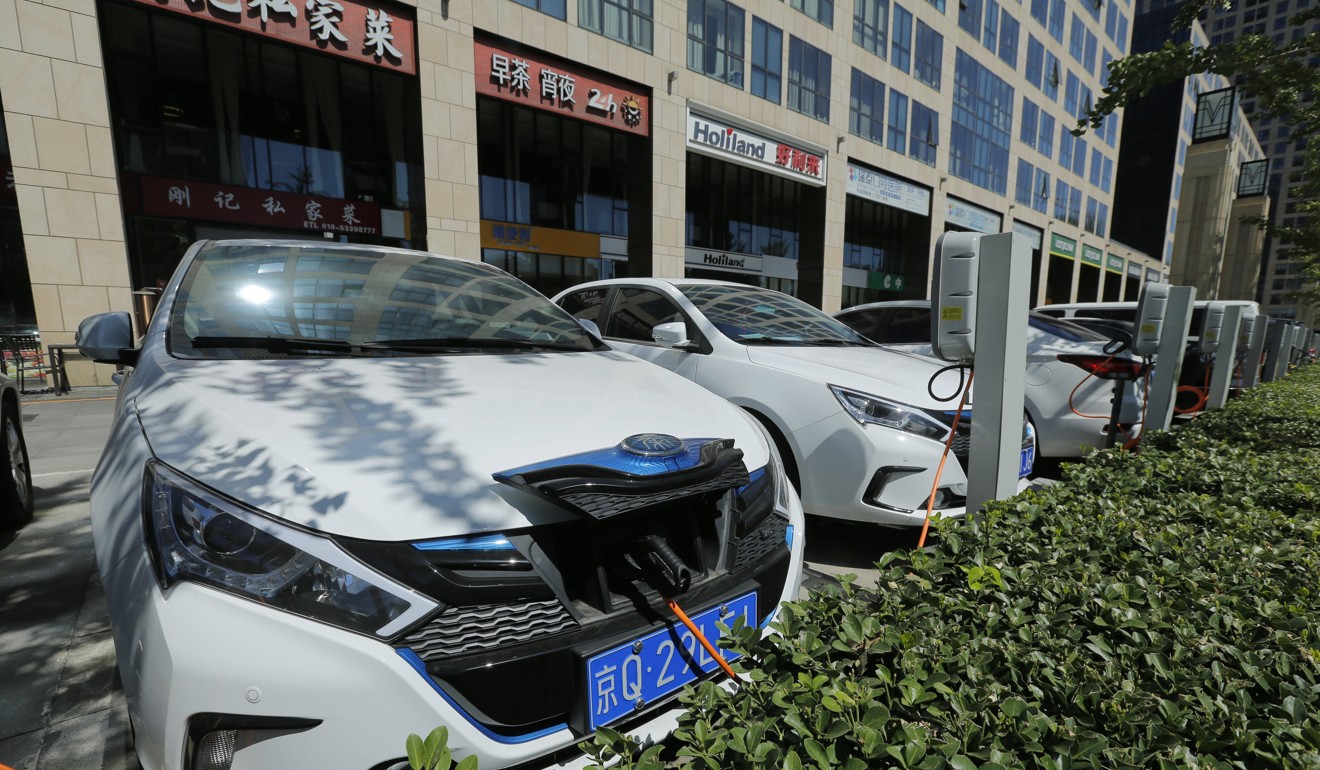
Volkswagen heats up battle in China’s green vehicles market with US$12b investment
Volkswagen AG will invest more than €10 billion (US$12 billion) with its joint venture partners in building and developing new-energy vehicles in China over the next eight years, the latest sign that competition for green cars in the world’s largest auto market will escalate.
The German auto giant said on Thursday in Guangzhou that it will introduce a new-energy vehicle portfolio of almost 40 locally produced models in China by 2025.
“China is leading the way to the final breakthrough in the adoption of e-mobility and Volkswagen Group China is determined to be at the forefront,” said Jochem Heizmann, president and chief executive of Volkswagen Group China.
China is leading the way to the final breakthrough in the adoption of e-mobility ...
“Together with our long-term joint venture partners, SAIC Volkswagen and FAW-Volkswagen, and our new cooperation, we are transforming the future of mobility and, in regard to the needs and demands of our customers, we will deliver.”
Volkswagen has also teamed up with Anhui Jianghuai Automobile Group for a third joint venture in China. The new joint venture will help Volkswagen reach its goal of setting up a broad and customer-oriented portfolio of pure battery cars by producing vehicles for the competitive mass market.
The first model will hit the market next year.
Volkswagen’s latest investment is expected to stiffen the competition with not only global rivals such as General Motors and Ford, but also domestic brands tapping the mainland’s fast-growing new-energy vehicle segment.
Last week, Ford signed an agreement with Anhui Zotye Automobile to set up a five billion yuan (US$753 million) joint venture focusing on electric cars.
Tesla is also seeking to build a factory in Shanghai to tap the mainland’s new-energy vehicle market.

The Ministry of Industry and Information Technology issued a new rule earlier this year that requires nearly all carmakers to sell a minimum number of new-energy vehicles.
Under the new regulation, those that fail to achieve a certain level of “credit score” will have to buy credits from others or face fines.
Electric car market in China is the new battlefield for nearly all global auto companies
“Electric car market in China is the new battlefield for nearly all global auto companies,” said Peter Chen, a Shanghai-based engineer with US components maker TRW.
“It’s the right time to make the investments and build the plants.”
UBS analyst Hou Yankun forecasts that annual sales of new-energy vehicles including pure electric and plug-in hybrid cars will reach 800,000 in the next few years.
New-energy vehicle sales on the mainland have been on the rise since 2014, driven by the government’s subsidies and other incentives such as distribution of free car licences.
Last year, 336,000 units of new-energy vehicles were delivered on the mainland, a 63 per cent jump from 2015.


